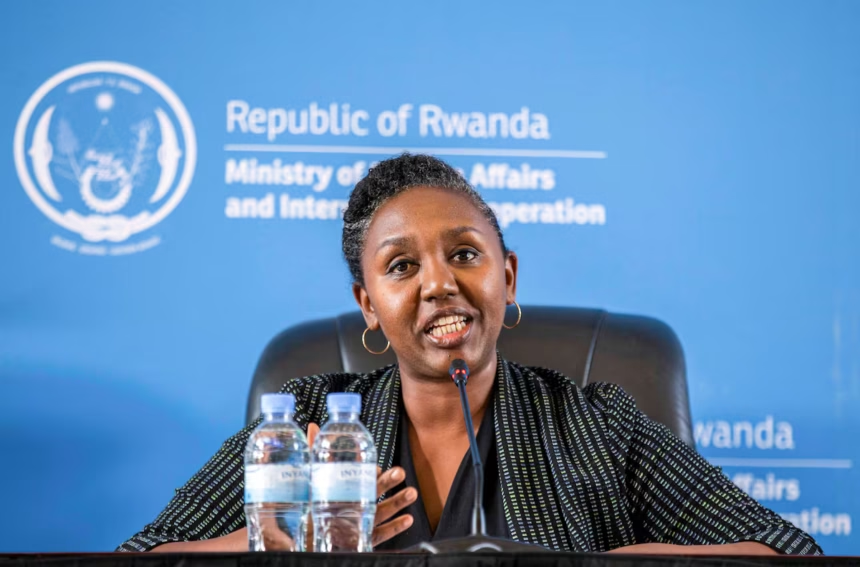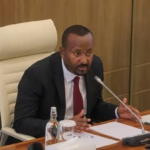Rwanda has become the third African country to receive deportees from the United States under a program that sends migrants to nations where they have no ties.
A government spokesperson confirmed that seven deportees arrived in Rwanda earlier this month. The announcement was only made public on Thursday. Rwanda had previously agreed to take up to 250 deportees but gave no details at the time on when they would arrive.
South Sudan and Eswatini have also taken small groups of deportees under similar secretive deals. Uganda announced last week that it had reached an agreement in principle to accept some migrants.
Rwandan spokesperson Yolande Makolo said the seven deportees are receiving visits from the UN migration agency and local social services. Three want to return to their countries of origin, while four have expressed interest in staying in Rwanda. Authorities did not release details about their identities, nationalities, or possible criminal records.
U.S. officials previously described deportees sent to South Sudan and Eswatini as dangerous criminals. Rwanda’s deal comes after a controversial 2022 migrant agreement with the UK collapsed when Britain’s Supreme Court ruled it unlawful.
Uganda said it would accept U.S. deportees only if they have no criminal records or are not unaccompanied minors. The U.S. has said it intends to deport Kilmar Abrego Garcia, a case that has drawn attention in President Donald Trump’s wider immigration crackdown, to Uganda.
Rights groups argue that African nations are striking deals to gain political favour with Washington. “We are sacrificing human beings for political expediency,” said Ugandan lawyer Nicholas Opio.
In July, the U.S. deported eight men from several countries to South Sudan after a legal challenge delayed their removal. They had been held for weeks in a converted shipping container at a U.S. base in Djibouti. South Sudan promised to ensure their safety but has not disclosed their location.
Two weeks later, five men from Vietnam, Jamaica, Cuba, Yemen and Laos were deported to Eswatini. The government said they would be held in solitary confinement until repatriation, which could take up to a year. Local lawyers have since challenged the conditions of their detention in court.
Eswatini, one of the world’s last absolute monarchies, has faced criticism for repressing pro-democracy movements under King Mswati III, in power since 1986.










